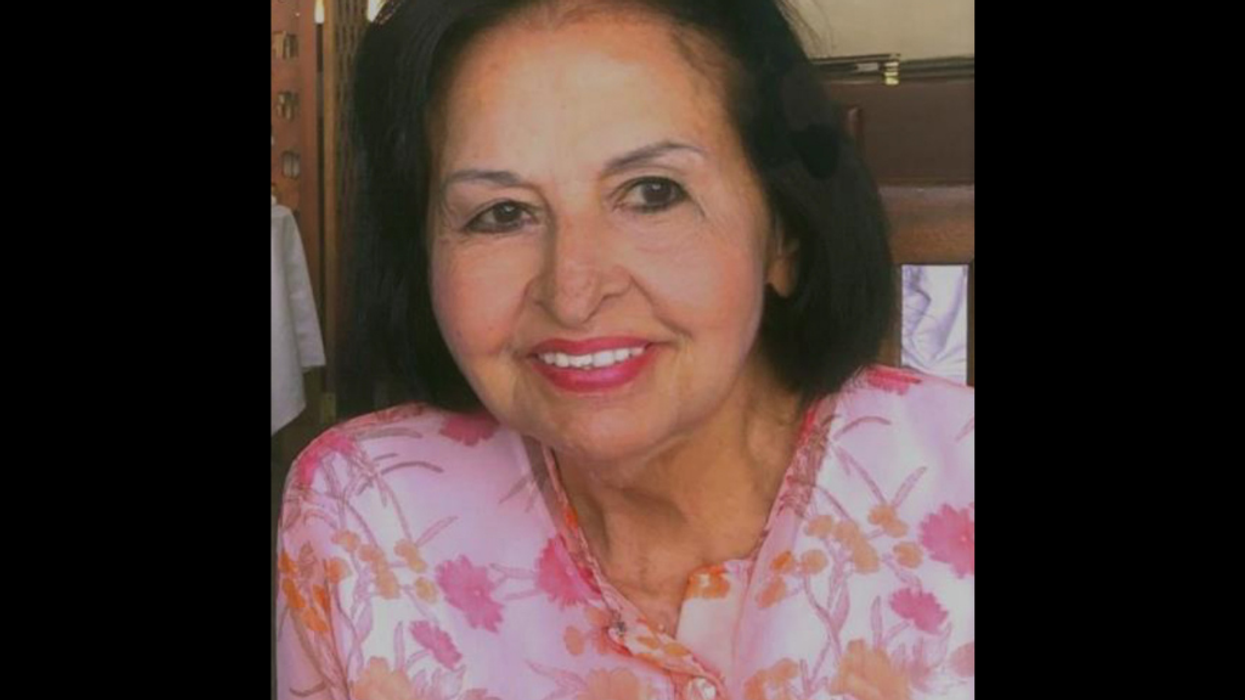THE Uthamnu ceremony for Meenaben Madhvani, the matriarch of the Madhvani family who passed away on September 29, was held by her family on Tuesday (5) at her residence in Kakira, Uganda. She was 92.
The prayers were led by Nitin Madhvani, the eldest son of Meenaben, at a restricted gathering of the Kakira and Jinja communities and were attended by the members of the family. Short speeches were also made by Meenaben's children and grand-children exhorting her virtues.
In his remarks, Madhvani said he stood before those present at the prayer ceremony as a representative "... of a family in grief, a community in mourning before relatives and friends in quiet shock". He added that all were united to pay their respects to the late matriarch and that hundreds of people all over the world witnessed on Sunday (3) the last rites on the shores of Lake Victoria in Kakira for they had also lost someone close to them.
Madhvani said that his mother was a symbol of kind humanity. He said she was "someone with a natural nobility who was classless and who needed no recognition". He added that Meenaben had regularly explained to him that it was her "innermost feeling of the suffering of others that made it possible for her to connect with such diverse constituency of family and friends".
“For all the status, the glamour, and the applause, Meenaben enjoyed when her great husband was alive, she remained throughout and thereafter steadfast to her principles and with the humblest determination to do good for her children, her Family, her relatives, her friends near and far, and for so many others, so she could release herself from deep feelings of their difficulties or suffering, of which her strong-mindedness was merely a symptom,” he said.
“It is a tribute to her level-headedness and strength that despite the most bizarre life being torpedoed by the Germans on a journey from Mombasa to Bombay, coping with the illness of her son when he was only 8 months old, lovingly caring for all the youngsters in the Family, the tragic loss of her husband when only 42yrs old, suffering the expulsion from Uganda, then returning home a decade later – that she remained intact, true to herself.”
Nitin Madhvani concluded his remarks saying, “To our Family members and to so many others, I thank you for caring for my Mother and her family” he continued “I want to end by thanking God for the many mercies he has shown us at this dreadful time. For taking Meenaben, peacefully, at the sunset of her life, and gracing her with radiant beauty.”
In the announcement of Meenaben’s demise, the Madhvani Family had proclaimed, “We were so privileged and forever hold you in our hearts.”




